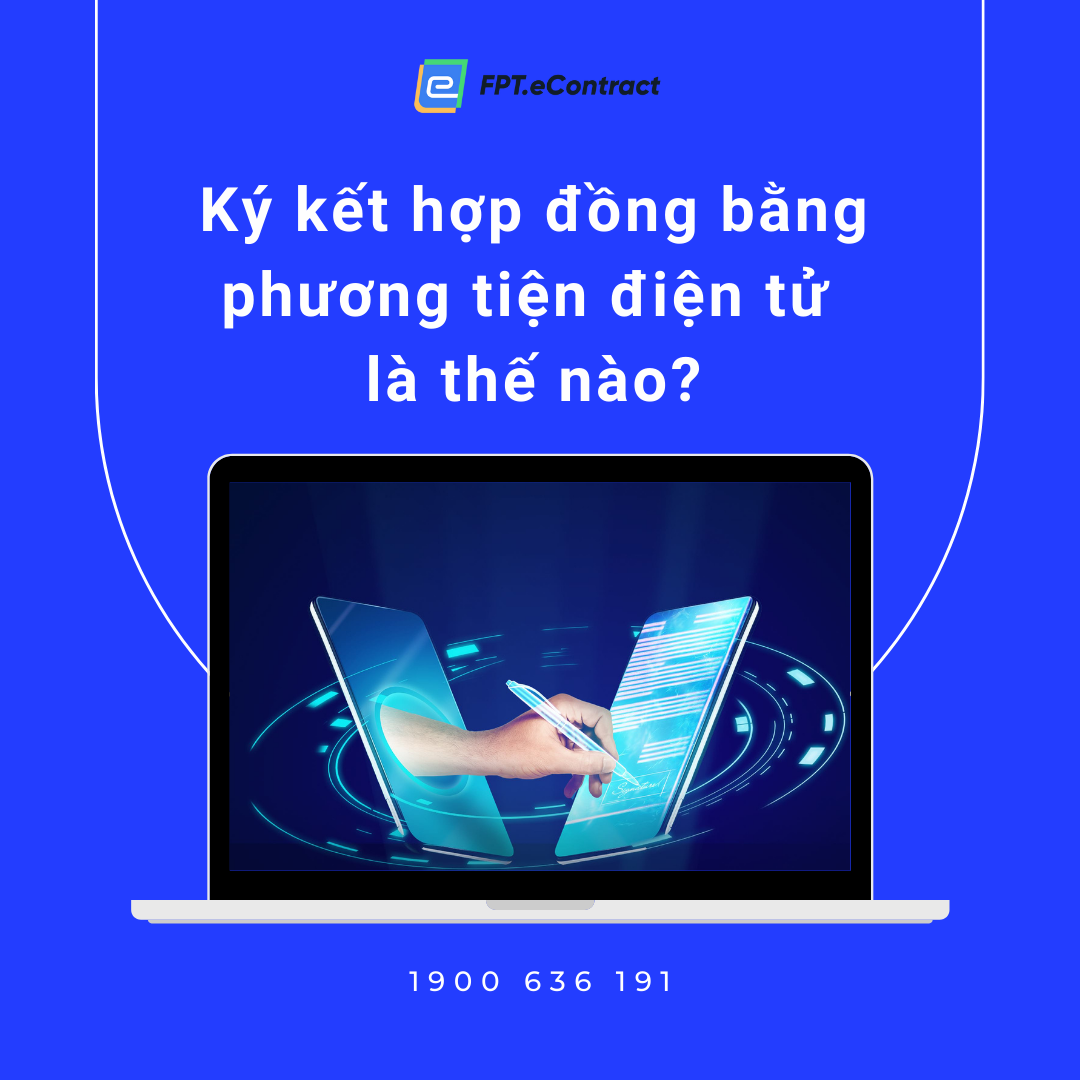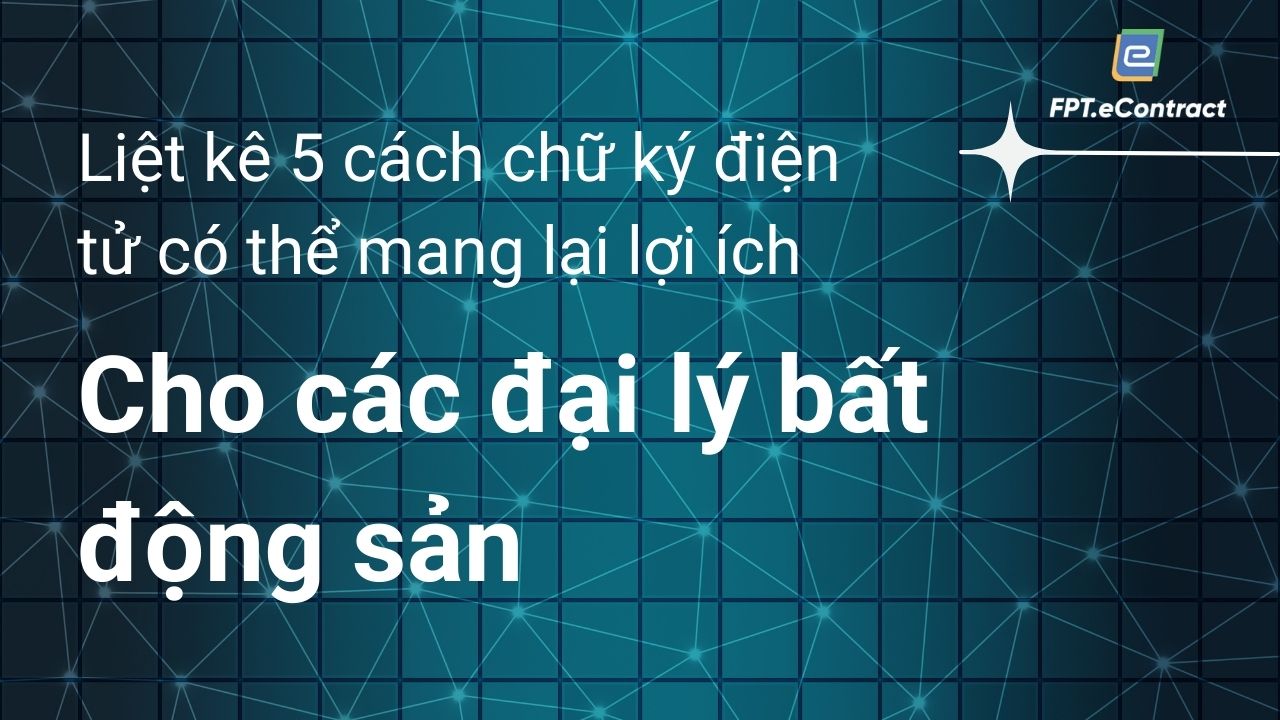KYC and eKYC: Solutions during the Covid-19 pandemic
- 04/01/2023
- [post-views]
KYC is the first step in all financial and banking activities because before letting customers enter the journey to use their products and services, the bank or financial institution must know about the customer. mine. In addition, knowing who their customers are also helps banks and financial institutions in determining their identities, and all customer information is clear. From there, put them into a better management and monitoring system.
KYC procedures are defined by banks, which involve all necessary actions to ensure their clients are real, and assess and monitor risks. These processes help prevent fraud and identify money laundering, terrorist financing, and other illegal corruption schemes.
KYC is a process that includes verification:
Identity card/Citizen ID, face verification, biometric verification and verification of customer identification documents such as utility bill (as proof of address) or employment contract (identifying salary, place of work, etc.). These are important, trusted personal data that help banks quickly verify customers.
Documents required for KYC process
KYC checks are done through an independent and reliable source of documents, data or information. Each customer is required to provide login information to prove identity and address. Documents required for KYC process: ID card or CCCD card or valid passport: Requires these documents to have clear information, clear portrait, real and valid documents. Permanent residence book or driver’s license or labor contract or payroll or temporary residence registration: These documents are required by customers when they need to borrow money or open a credit account. In May 2018, the US Financial Crimes Enforcement Network (FinCEN) – added a new requirement for banks to verify the identity of customers who are owned, controlled, and profit-making entities from companies when they open accounts.
Those who need to comply with the requirements of eKYC
Open a bank account or online banking Open a credit card account Open a stock and trading account Open an account to buy insurance
In fact, when customers want to open any trading account, they must strictly follow KYC rules to verify their identity. Depending on the security level and nature of each type of transaction, financial institutions and banks will stipulate different levels of KYC. The more important the service, the larger the transaction, the higher the KYC requirements will be.
eKYC (electronic Know Your Customer) is an electronic customer identification, or online customer identification, allowing banks to identify customers 100% online, simplifying paperwork verification, birth verification biometrics without having to meet face-to-face at the transaction office like traditional KYC. Currently, the governments of many countries around the world have allowed large financial institutions and banks with sufficient physical facilities to switch to electronic customer identification, including Vietnam. From March 5, 2020, the largest banks in Vietnam were allowed to deploy eKYC solutions according to Circular 16/2020/TT-NHNN (TT16) dated December 4, 2020 amending and supplementing some Article of Circular 23/2014/TT-NHNN dated August 19, 2014 guiding the opening and use of payment accounts at payment service providers.
The eKYC process helps banks identify their customers as real, based on verifying customer information for risk assessment and monitoring. This is the basis to prevent illegal financial activities such as money laundering, terrorist financing, corruption… – Customer records and data will be stored online forever. Any act of profiteering can be quickly traced to the customer using that service. – eKYC helps customers improve their banking experience. Thanks to eKYC, customers do not have to wait in line to meet the bank staff to make transactions, no need to fill out many forms…
The eKYC transaction is fully automated, without the intervention of any manual operations, so it only takes a few minutes for customers to verify. – eKYC helps improve the bank’s working efficiency while helping the bank save costs for its operations. – Customer data will be automatically stored. The Bank may rely on the data that stores the transaction activity of the customer to predict and recommend the appropriate service for that customer.
How is the eKYC process implemented? e-KYC helps customers’ identity verification process be done instantly, anytime, anywhere, increasing the successful customer conversion rate. Customers only take about 3-5 minutes to complete the verification to register for an account. Currently, the eKYC process is usually done in 3 steps as follows:
Step 1: Verify documents: Take a photo of the front and back of the document that the customer wants to verify. Commonly used identity verification documents are ID/CCCD, Passport, Driver’s License…
Step 2: Extract customer information automatically thanks to OCR. FPT.AI’s OCR technology is built on the basis of Artificial Intelligence, giving accurate results up to 98% for common documents such as ID/CCCD, Passport, Driver’s License… can check and edit the information after the machine extracted. If customers register for services that require high security such as opening credit cards, opening securities trading accounts, buying insurance packages, etc., customers may have to verify more types of documents such as Household Import, Labor contract, Salary statement. These personal documents are subject to the requirements of each financial institution, regulated by the bank, and the customer is required to comply, in order to ensure that the customer meets the requirements to use that service.
Step 3: Compare the real person and the photo on the ID by taking a selfie or video. If the results do not match, the customer will have to re-validate. FPT.AI owns many technologies to verify the accuracy of reality such as Facematch, Liveness detetion… ensuring information security and anti-counterfeiting.
Technology applied in eKYC solution
OCR technology is integrated in the eKYC process to extract information from identity documents such as passports, ID cards, driver’s licenses and upload encrypted information to the system. The whole process from data extraction to metric formation takes no more than 3 seconds making the process fully automated and accuracy up to 99%. Verified documents
For Citizen Identity Verification Check the accuracy of the format like ID number, 2D barcode. Verify your name, date of birth, and address. Detects crumpled, folded edges. Check if the image has photoshop interference or fake. Verify microtext, hologram, rainbow print, guilloche pattern. Opacity detection, fraud. For Passport Verification Consider the match of name, date of birth and expiration date with the machine readable zone. Fraud detection through fonts, holograms, signatures. Check the correctness of the format on the passport. Detects crumpled, folded edges. Determine if the image is fake. Verify hologram, print rainbow. Opacity check, cheat. To verify a Driver’s License Check the accuracy of the format. Detects crumpled, folded edges. Check if the image is photoshopped or fake. Verify hologram, rainbow print, guilloche pattern. Opacity detection, fraud.
Facematch technology
FPT.AI’s Facematch technology was born to improve the accuracy of ekyc electronic customer identification process. Equipped with Deep learning technology, Facematch has the ability to analyze and compare the match of portrait photos on customized documents such as CCCD/ID, Driver’s License, Passport… with photos/videos real face, to accurately identify the owner of those papers. Facematch API has a very simple operation method, users can easily manipulate on devices such as computers, mobile phones. Customers must take 2 photos to upload to the system for comparison. One is a photo of identification documents including: ID card/CCCD, Driver’s License or Passport. The second is photos of real people that need to be compared.










